Depression in pet birds is more common than you might think. Check for the signs that mean your bird is not in its usual cheerful mood. Many symptoms of depression also could point to an illness, so it is a good idea to visit the avian veterinarian for a checkup. Learn the small changes that can bring back those happy chirps
Causes of Bird Depression
Depression in pet birds has a number of causes, both mental and physical. Any illness or recovery from being sick and result in the bird being less chipper. The mental and psychological stresses that can lead your bird to be blue include a change in cage position, boredom, the death of a partner, or the loss of a favorite toy.
Symptoms
You should know your bird's usual level of activity and sociability. Any change can be a sign that the bird is under stress or becoming depressed. Symptoms of a depressed bird can include:
- Fluffed-up feathers
- Loss of appetite
- Change in droppings
- Irritability
- Feather-plucking
- Aggression
- Change in vocalizations
- Constant head bobbing
- Stress bars on the feathers
Note any signs that your bird could be sick physically rather than just blue. In addition to the above, which can also be seen in many illnesses, look for red, inflamed, or runny cere or eyes, open-mouthed breathing, and tail bobbing.
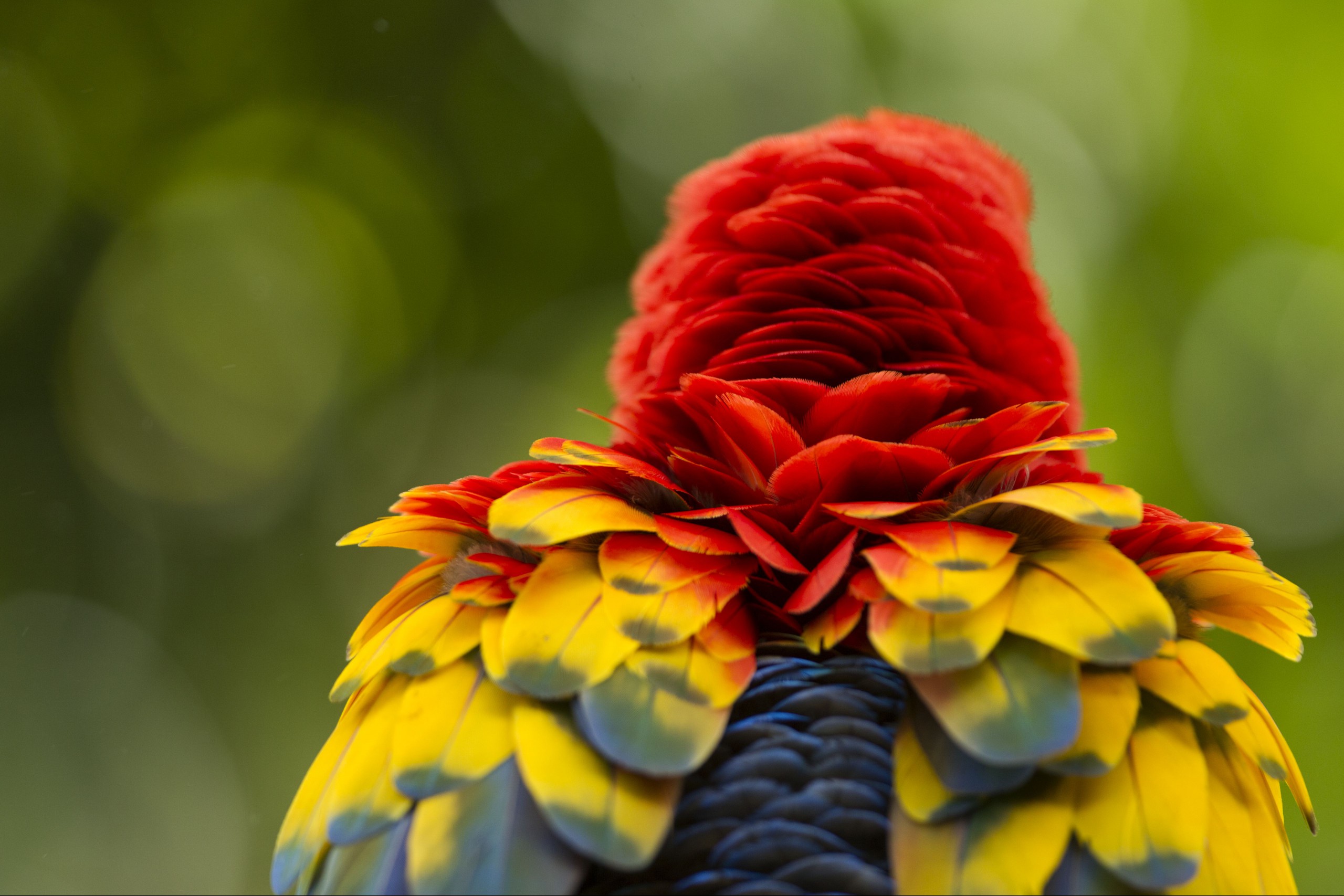
What to Do
If you notice your bird showing any of these symptoms, the first thing you should do is schedule an appointment with your avian vet for a full check-up. If the vet finds no medical reason for your bird's symptoms, depression could be the cause.
You may try these steps to help your bird come out of the blues:
- Check the cage position to be sure that it is not in an area that could stress your bird, such as in a chilly area. If possible, move your bird's cage to an area of the house where it can see the family, since pet birds are social and like stimulation.
- Keep the cage clean with a new cage liner daily and clean food and water cups.
- Inadequate mental stimulation is a major cause of depression in pet birds. Make sure that your bird has plenty of safe and fun bird toys. Give your bird some new ones frequently to keep it stimulated.
- Make sure that your bird also gets plenty of "one-on-one" time with you and other family members and that it gets adequate time to play outside of the cage each day. That ride on your shoulder might make a lot of difference in your bird's mood. If you're spending screen time in front of the TV or computer, your bird can watch with you.
- If your bird has suffered the loss of a partner, be a little patient. Birds grieve and it takes a bit of time to get over a death. If things don't improve in a few weeks, see the avian vet.
- Consider getting a companion bird if you have only one bird.
Related Article
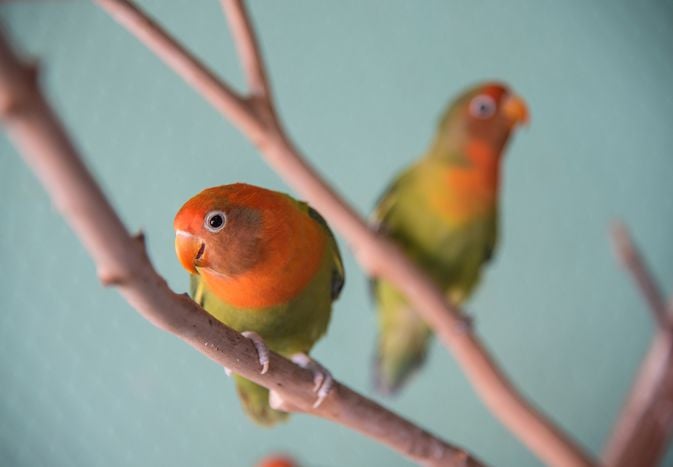
Lovebird (Pocket Parrot) Species Profile
Lovebirds are a favorite among pet birds, often called "pocket parrots," and are among the most col
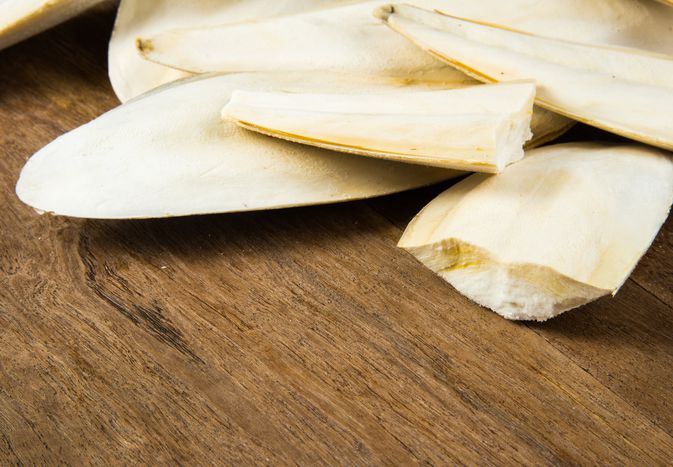
A Cuttlebone Helps a Bird Groom Its Beak While Providing Calcium
Cuttlebone—that funny, white oblong object shaped like a canoe—is found in bird cages everywher
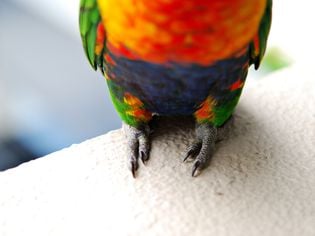
5 Signs Your Bird Needs a Nail Trim
Many bird owners agree that trimming a bird's nails isn't the easiest task. But it's necessary from
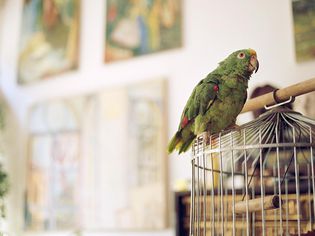
Signs That Your Bird Is Depressed
Not only are birds capable of becoming depressed, but prolonged depression can lead to self-destruc
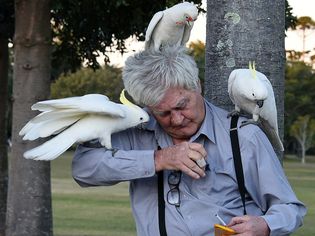
Causes of Regurgitation in Birds
It's a scenario that is all too familiar for some pet bird owners—you are sitting with your b
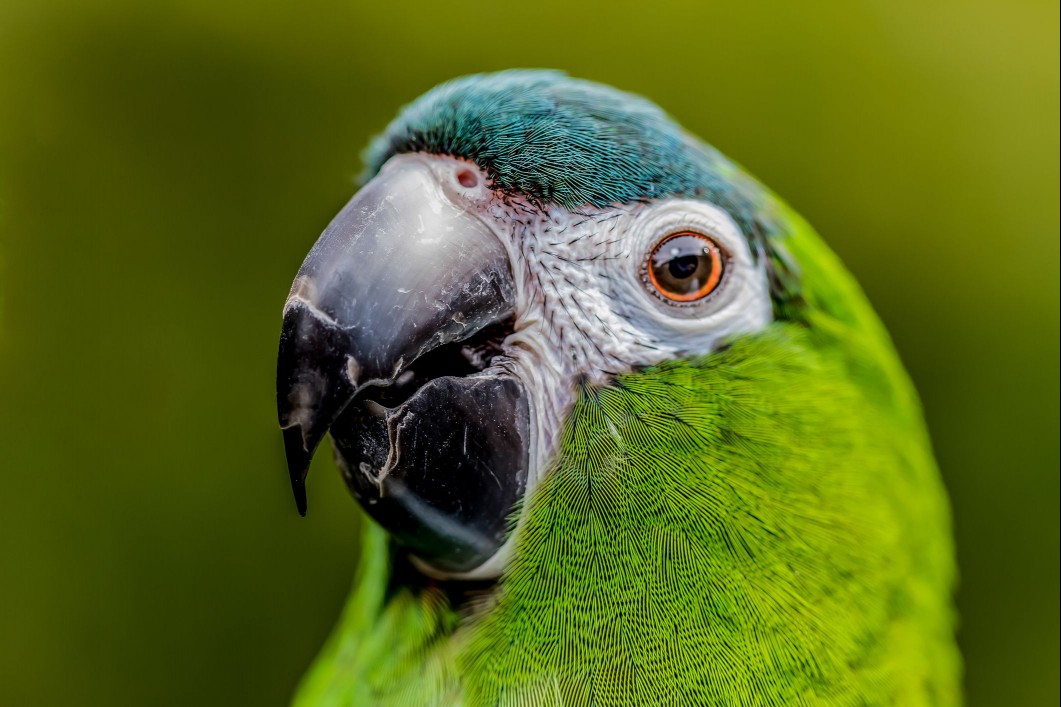
Hahn's Macaw (Red-Shouldered Macaw): Bird Species Profile
Hahn's macaws are the smallest and the most popular among the miniature macaws. These compact
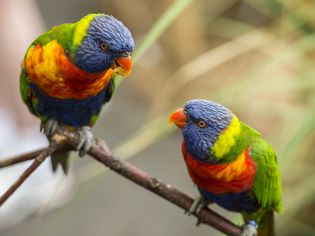
8 Top Brightly Colored Pet Birds
Although parrots and other pet birds come in pretty much every color of the rainbow, most sport onl
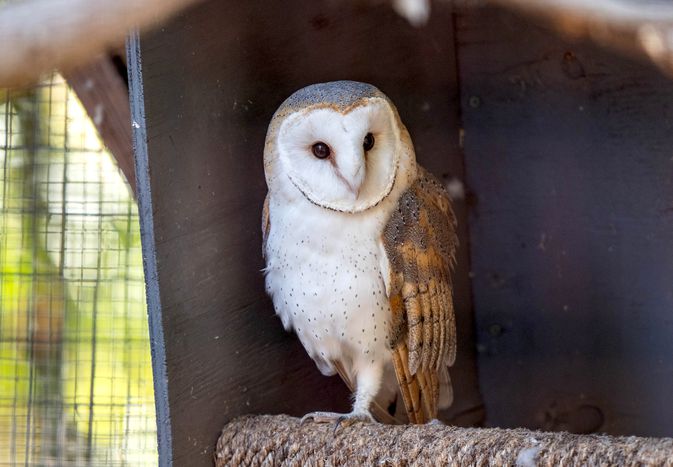
6 Reasons Why Owls Make Bad Pets
Owls are wild creatures and keeping one in a typical home setting is nearly impossible, not to ment
About WhiskerClub
We are a premier digital platform committed to delivering high-quality content to our readers. Our mission is to provide accurate, reliable, and engaging information that adds value to our audience's daily lives.
Our team consists of experienced content creators and subject matter experts who uphold the highest standards of professionalism. In an era of information overload, we curate content with care, ensuring our users receive only the most relevant and trustworthy information.
Beyond just reporting facts, we focus on depth and context. Through expert analysis, comprehensive research, and clear presentation, we help our audience gain meaningful insights and make informed decisions.
We take pride in being a trusted information source for our growing community of readers. Our user-first approach means we continuously adapt to provide content that meets our audience's evolving needs and interests.
Innovation and excellence drive everything we do. We're committed to improving our platform and services to deliver the best possible experience for our users.

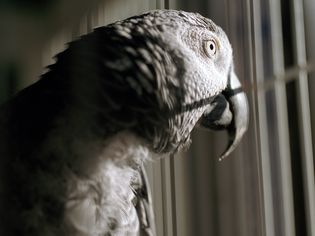
Comments on " Helping Your Depressed Pet Bird" :